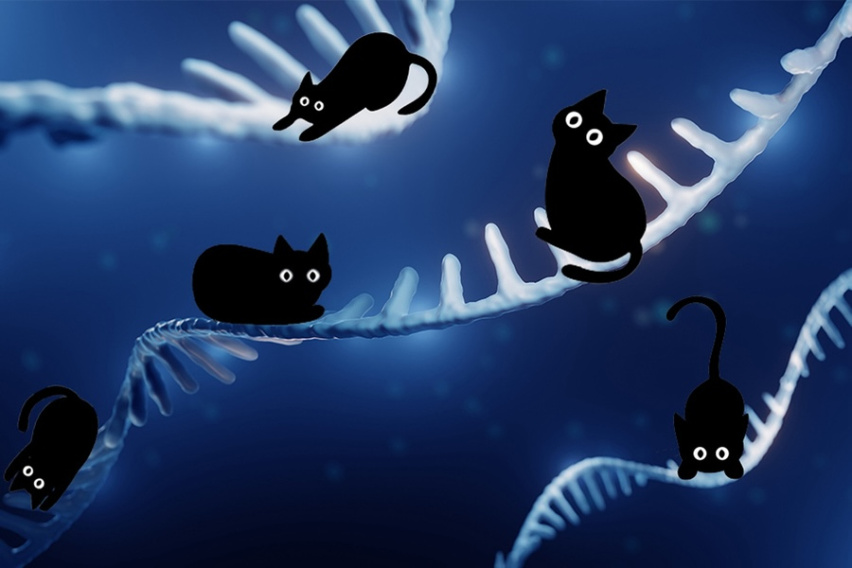MIT Koch Institute
September 8, 2023
Scientists often use human cancer cells grown in the lab to test potential anticancer drugs. Yet, the culture medium used in the lab does not accurately represent the nutrients present in the body, leading to discrepancies in drug responses. In a study published in Cell Chemical Biology, the Vander Heiden Laboratory has developed a new culture medium that better mimics physiological nutrient levels, supports the proliferation of diverse cancer cell lines and is amenable to high-throughput screening. The group found that drugs targeting cancer cell metabolism showed the most significant differences in effectiveness between standard cell culture medium and theirs. These findings may help researchers understand why some drugs that worked well in the lab fail in real-life situations and provides a new tool for screening potential anticancer agents, especially those targeting cancer cell metabolism.
